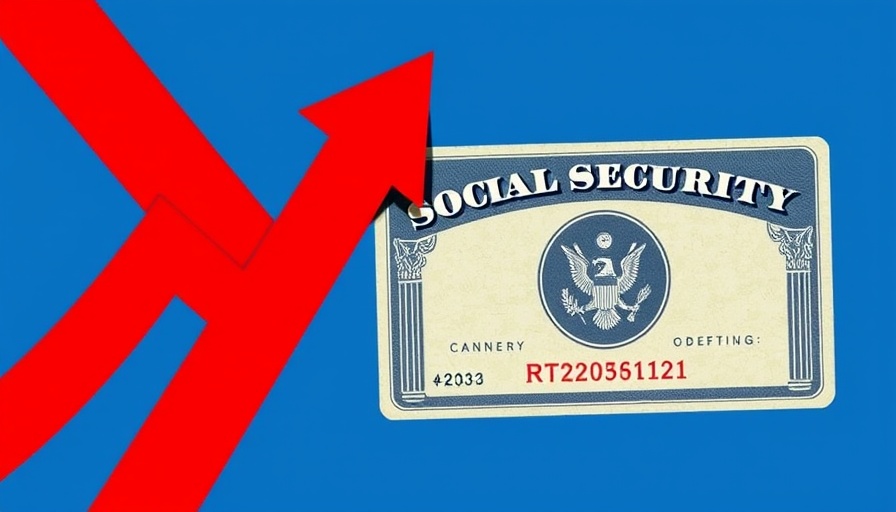
The Future of Tipping: No Tax on Tips Act Explained
The landscape for workers in the service industry is on the brink of significant change with the introduction of the "No Tax on Tips" bill passed by the Senate. This act aims to eliminate federal income tax on tips, providing a much-needed financial reprieve for workers in industries that thrive on gratuities. Sponsored by Sen. Jacky Rosen, D-Nev., this bipartisan effort received the support it required, and its success could have profound implications for the lives of millions of Americans.
Critical Details about the Legislation
As it stands, the "No Tax on Tips" legislation would not only end taxes on tips but also introduce a 100% deduction on qualifying tips for the tax year 2025 and beyond. Eligible workers would be able to deduct up to $25,000 of their tip income from their taxable income. However, it’s important to highlight that this deduction would only be applicable for income tax and will not affect payroll taxes, which workers will still need to remit.
Who Stands to Benefit?
The parameters for eligibility stipulate that workers in occupations that have traditionally received tips are the primary beneficiaries of this act. This includes individuals in the food and beverage sector as well as beauty service professionals such as hairdressers and estheticians. The Secretary of the Treasury will be tasked with providing a definitive list of these occupations, ensuring clarity and enforcement within 90 days post-enactment. By narrowing the focus, lawmakers aim to minimize abuse or misclassification in industries not typically associated with tipping.
Potential Impact on Service Industry Workers
For service workers, this act represents a beacon of hope as it could lead to greater take-home pay and economic stability. Historically, these workers have faced challenges in income stability due to the fluctuating nature of tips. Additionally, prevailing payroll taxes often eat into their earnings, making this initiative crucial for workers striving for financial independence and security.
Local Perspectives: A Reflection on Economic Disparities
Regionally, the implications of this bill can be especially significant in urban centers, where tipping culture is robust. Many cities with a high cost of living could see a revitalization in service sector employment, encouraging more individuals to enter professions heavily reliant on tips. It also poses an opportunity for businesses to attract talent in a post-pandemic economy, as workers are more likely to feel incentivized knowing that they can retain more of their earnings without the burden of federal tax.
Anticipated Challenges Ahead
However, the journey to implementation is fraught with uncertainties. The bill must pass through the House and garner approval from the President, creating vital hurdles it must overcome. Additionally, potential pushbacks may arise regarding the implications for tax revenue and the potential burden on government services that rely on universal taxation systems. How lawmakers will address these concerns remains a critical part of the legislative process.
What You Can Do: Staying Informed
For business owners and homeowners alike, understanding how this legislation may affect your employees or your own finances is crucial. Keeping abreast of legislative updates and potential changes can aid in better business planning and financial forecasting. Engaging with advocacy groups that support service workers' rights can also provide you with insights into how to ensure fair compensation practices within your establishments.
As discussions around the "No Tax on Tips Act" heat up, it is vital to remain informed and proactive. Support for initiatives that bolster service workers' financial wellness can contribute to a healthier economy overall.
 Add Row
Add Row  Add
Add 




Write A Comment